Research clusters cross-cutting the Centre’s key research themes
The Post-Carbon Research Centre focuses on the built environment and infrastructures and is categorised into four clusters:
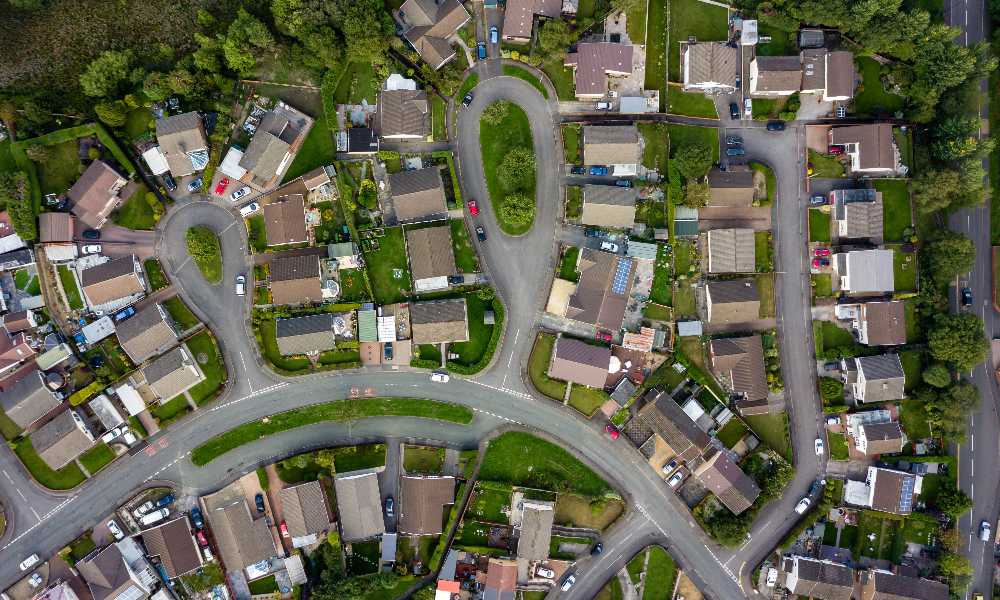
Housing
The Housing research cluster aims to develop sustainable, resilient, and energy-efficient housing solutions that address the pressing housing challenges of cost, supply, decarbonisation and affordability. The research focusses on implementing change at scales using futures thinking, systems thinking, ethical and social innovation and urban experimentation.
Key research areas
- Housing policy & market
- Housing quality and performance
- Social and affordable housing
- Home retrofitting
- Climate resilient housing
Cluster co-leads

Professor Karien Dekker
Karien Dekker is Professor in the School of Property, Construction and Project Management. She is currently a Chief Investigator on a project on housing solutions for temporary migrants in Australia. Karien's life revolves around a greater desire to create inclusive communities in which everyone feels welcome. She is also passionate about affordable housing for all. To inform policy and public opinion, she interprets large datasets, while making sense of the findings with interviews and observations.
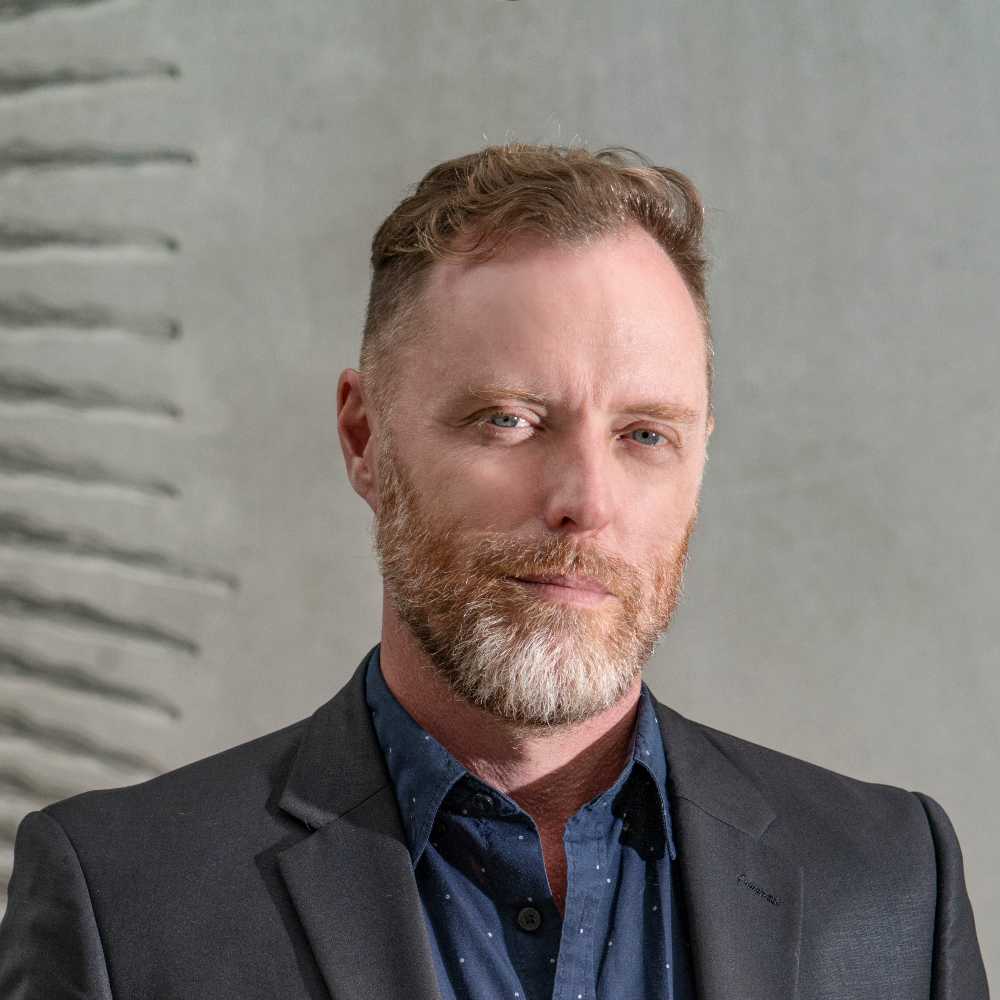
Dr Ben Milbourne
Dr Ben Milbourne is a Senior Lecturer and the Program Manager of the Master of Architecture in the school of Architecture and Urban Design where he is engaged in research on the application of advanced manufacturing in architecture and the future fabric of Australian cities. Ben is a co-author of ‘Practice Futures’, commissioned by the Architect’s Registration Board of Victoria, investigating the impact of the adoption of digital fabrication in construction on the practice of Architecture. He is a founding partner of Common ADR, an architecture and urban design practice focused on engaging in the common commission of the city through public and private projects. He is an inaugural member of the Design Excellence Advisory Committee for the City of Melbourne, co-chair of the Australian Institute of Architects Victorian Chapter Smaller Practice Forum and Australian representative to the Union Internationale des Architectes (UIA), Professional Practice Commission.
Housing publications
- Integration of Heat Pumps in Social Housing—Role of User Behaviour and User Satisfaction, Tewari, S.; Rajagopalan, P. 2025
- Effective affordable housing strategies for the urban poor in Nigeria, Akinwande, T., Hui, E. and Dekker, K. 2024
- An exploratory study on the benefits of transit orientated development (TOD) to rail infrastructure projects, Farnes, K. et al. 2024
- Our Housing Australia, Moore, T. and Horne, R. et al. 2024
- Housing Narratives for Post-carbon Inclusive Societies, Horne, R., Nelson, A. and Dorignon, L. 2024
- Victoria’s 2023 Housing Policy Agenda: Addressing Decades of Neglect or a Missed Opportunity to Reframe Housing Issues and Solutions?, Moore, T. and Doyon, A. 2024
- Investigating envelope retrofitting potential and resilience of Australian residential buildings − A stock modelling approach, Rajagopalan, P., Chen, D. and Ambrose, M. 2024
- The impact of occupants’ window opening behaviour during summertime overheating in high-rise social housing, Jara, F., Rajagopalan, P., Andamon, M. M. 2024
- Summer thermal performance of high-rise social housing in Melbourne, 6th International Conference on Countermeasures to Urban Heat Islands, Dec 2023, Melbourne, Australia. Jara-Baeza, F., Rajagopalan, P. and Andamon, M. 2024
- A holistic assessment of indoor environmental quality perception in Australian high-rise social housing, Baeza, F., Rajagopalan, P. and Andamon, M. 2023

Buildings
The Buildings research cluster encompasses non-residential buildings such as commercial, institutional, and industrial buildings. Research under this cluster will focus on intelligent implementation of automation and digital technologies in buildings and the enhancement of the circularity in construction processes and materials.
Key research areas
- BIM/digital twins
- Fire and façade technologies
- Artificial intelligence, AR/VR
- Smart sensor technologies
- Biophilic design
- Energy-efficient Heating, Ventilation, and Air Conditioning (HVAC)
Cluster co-leads
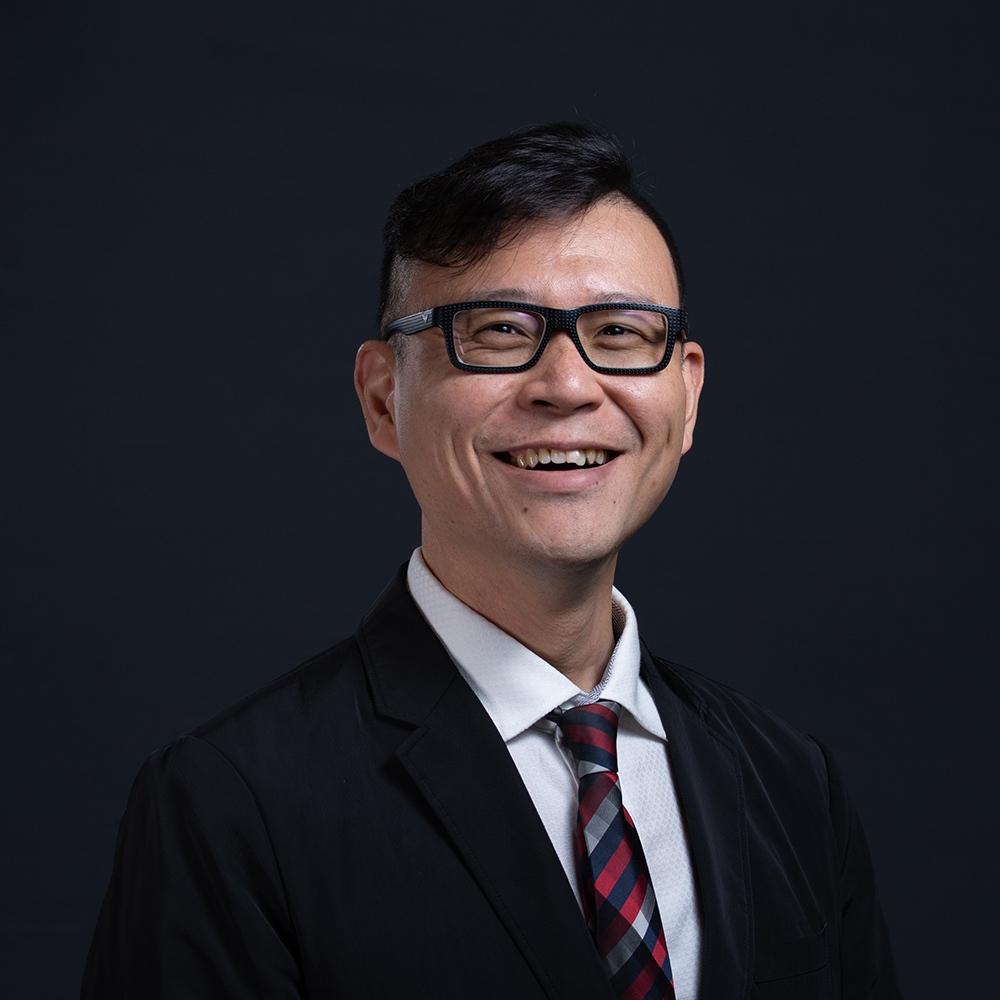
Professor Peter Wong
Professor Peter S.P. Wong is the Associate Dean (Construction Management) of the School of Property Construction and Project Management. He has expertise in immersive technology (VR/AR/MR) in construction, prefabrication, and modulation of construction, construction waste management and organisational change management. He has been awarded multiple competitive research grants, including from the Victorian Building Authority, for developing a virtual reality (VR) based online self-evaluation platform to reduce the compliance risk of building and plumbing works. His prestigious Australian Research Council Linkage project has helped guide the effectiveness of offsite manufacturing and improved project delivery.

Professor Sherman Cheung
Professor Cheung is an expert in building fire, heat and mass transfer and multiphase flow modelling. He believes that the main obstacle to decarbonising the Australian built environment and infrastructure is the lack of a holistic channel to facilitate cross sector collaboration and technological translation. Professor Cheung has received the prestigious Victoria Fellowship from the Victoria Government and International Young Scientists from the National Natural Science Foundation of China to recognise his research contribution. To date, he has published over 142 research articles and attracted over AUD$ 8 million in research funding from both national competitive grants and industrial collaborative schemes
Buildings publications
- Towards developing partnership models for leveraging design for manufacture and assembly (DfMA) for school buildings, Weththasinghe, K. and Wong, S. 2023
- The Role of Incentivization to Mitigate the Negative Impact of COVID-Related Disputes, Wong, S. 2023
- Towards understanding the impact of the perceptions about construction innovation on advanced technology adoption, Qi, L., Wong, S. and Holdsworth, S. 2023
- Digitalizing building integrated photovoltaic (BIPV) conceptual design: A framework and an example platform, Yang, R. et al. 2023
- Policy Intervention of Waste Management, Shooshtarian, S., Maqsood, T. and Wong, S. 2023
- Implementing organisational change in a digitalising facilities management organisation through stewardship interventions, Johannes, K. et al. 2024
- Upskilling trades for a low carbon future: a case study of gasfitting and hydrogen, Sandri, O., Hayes, J. and Holdsworth, S. 2024
- Volatile organic compounds in regular and organic vaping liquids: a public health concern, Goodman, N. et al. 2024
- An Investigation of an Affordable Ventilation Retrofit to Improve the Indoor Air Quality in Australian Aged Care Homes, Rajagopalan, P., Woo, J. and Andamon, M. 2024

Precincts
The Precincts research cluster aims to adopt a progressive approach to placemaking at scale through integrating infrastructure, open and green spaces to create socially, financially and environmentally sustainable environments and thriving communities.
Key research areas
- Placemaking and community experience
- Sustainable urban planning, development and infrastructure
- Adaptive reuse
- Sustainable mobility
- Urban greenery, air quality, and microclimate
Cluster co-leads
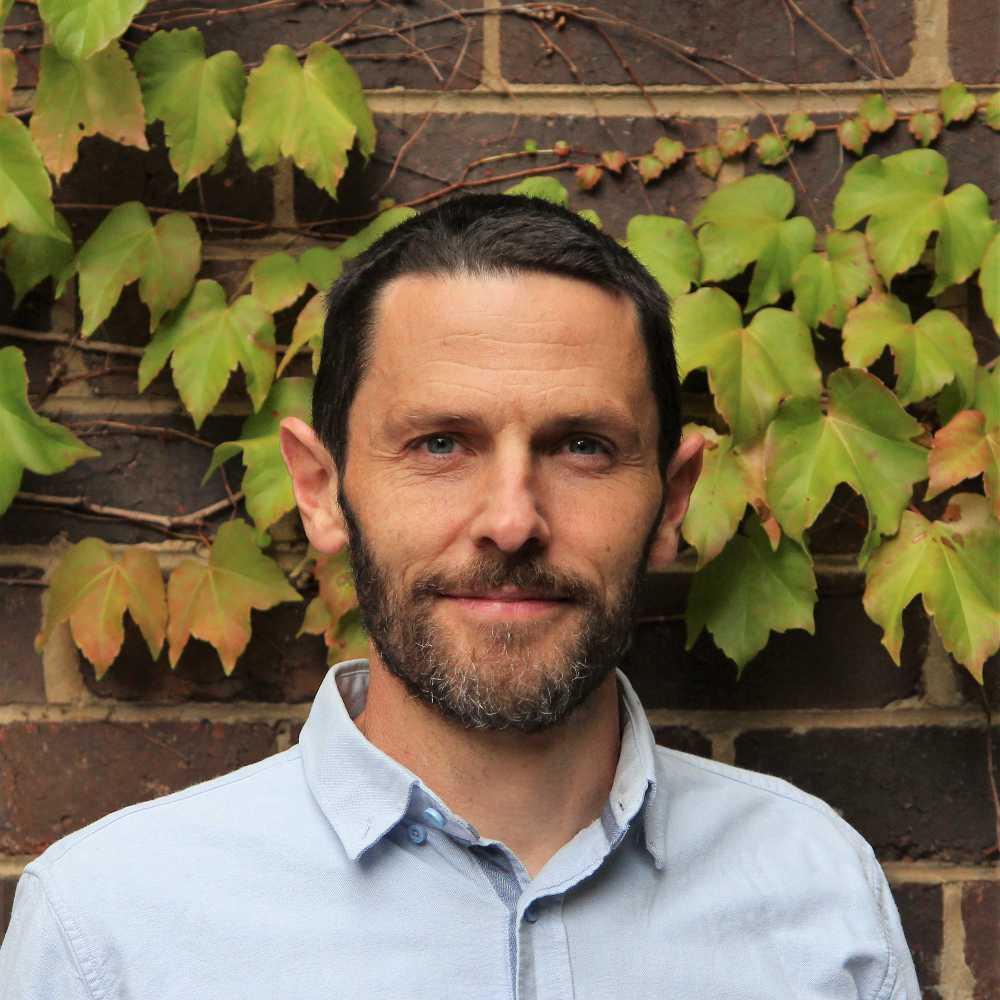
Professor Joe Hurley
Joe Hurley is a Professor in the School of Global, Urban and Social Studies. He is an expert in urban sustainability, policy and governance. He has led several projects examining the intersection between urban heat, urban forest management, and urban planning and development, funded by the National Environmental Science Program, the Department of Foreign Affairs and Trade, Horticulture Australia Ltd, and several Australian state and local governments. His current Australian Research Council Discovery Project, in partnership with the University of Western Australia, titled “Why is (re)development hot?: Measuring cumulative heat in Australian cities”, aims to causally identify the warming effect of residential development and investigate the impact of planning policies that control changes in the built form associated with increased heat exposure. Joe takes a particular interest in research-practice exchange and collaboration. He is founding academic editor of Cities People Love, a research-practice communication publication; technical advisor to the Council Alliance for Sustainable Built Environments; and regularly provides expert comment and research evidence to media.
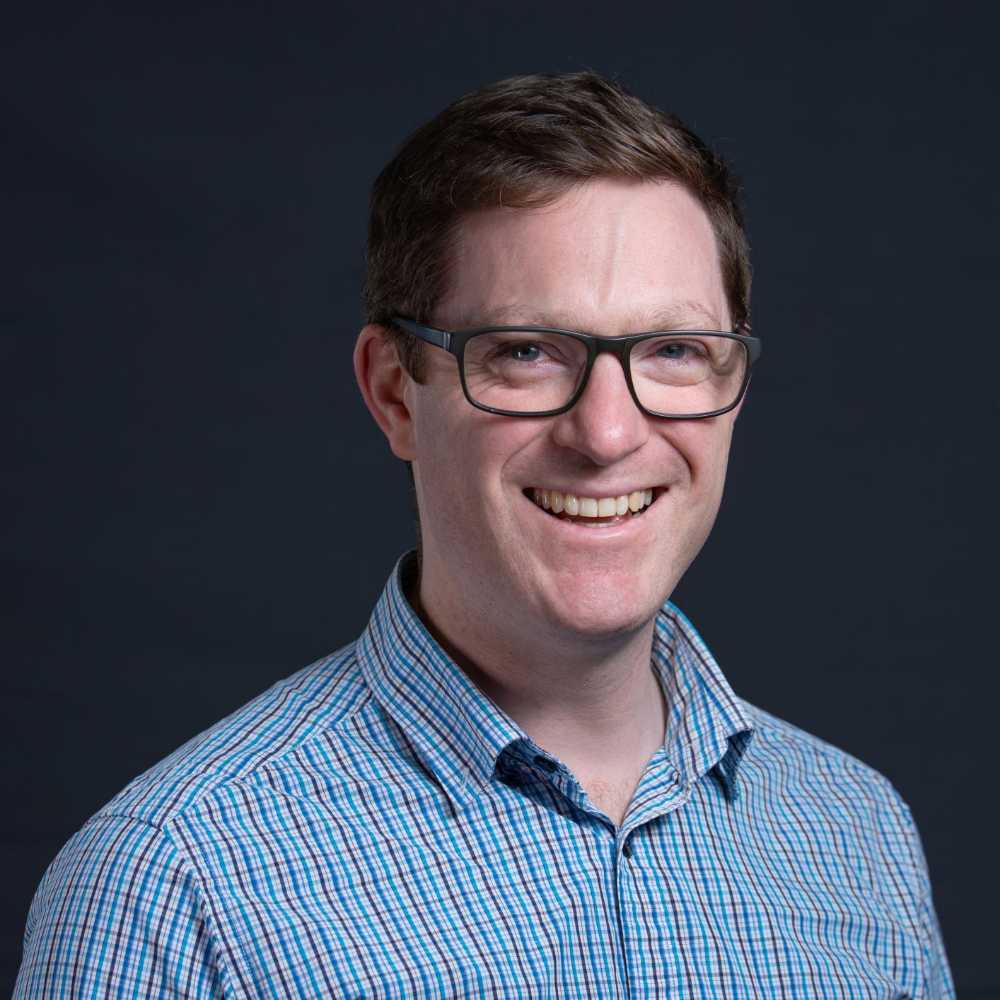
Associate Professor Trivess Moore
Trivess Moore is Associate Professor in the School of Property, Construction and Project Management. He is an expert in sustainable housing and urban environments. His recent research has been around exploring how to scale up retrofit of existing housing, implementing circular economy outcomes across the housing sector, and the role of policy and industry in delivering a sustainable and equitable housing and urban future. Trivess has been a lead CI on ARC Linkage grants, AHURI projects, CRC projects and worked with a range of policy and industry stakeholders in Australia, Europe and North America.
Precincts publications
- Private-led land assembly and urban consolidation: The relative influence of regulatory zoning mechanisms, Hurley, J. and Sun, Q. 2023
- Supporting virtual power plants decision-making in complex urban environments using reinforcement learning. Liu, C. et al. 2023
- Sustainable housing at a neighbourhood scale, Duhr, S., Berry, S. and Moore, T. 2023
- Localized nature-based solutions for enhanced climate resilience and community wellbeing in urban informal settlements, McEvoy, D. et al. 2024
- Finding the forgotten spaces: Using a social-ecological framework to map informal green space in Melbourne, Australia, Stanford, H. et al. 2024
- Spatially analysed expansion of individual street tree crowns enables species-specific crown expansion predictions in different rainfall zones. Torquato, P. et al. 2024
- Exploring the secret gardens of the city: An assessment of human-nature interactions on informal green space using citizen science data, Stanford, H. et al. 2024
- Zero Carbon Precinct: Designing The Protocols, Overrun and Domain of Energy Transition, Nazareth, I. and Gargano, L. 2024
- Zoning and urban restructuring: long-term change in the location of manufacturing in industrialised city-regions, Martin, D. et al. 2025

Infrastructure and systems
The Infrastructure and Systems cluster adopts whole-of-life approach and state-of-the-art technologies to develop climate resilient infrastructure solutions (eg: energy, transport, water and waste) for meeting population’s essential needs.
Key research areas
- Intelligent monitoring and maintenance of civil infrastructure
- Smart grids
- Digital twins and big data analytics
- Net zero infrastructure
- Sustainable water and waste systems
- Roads, railways and bridges
- Solar, wind, hydrogen and biofuels
Cluster co-leads
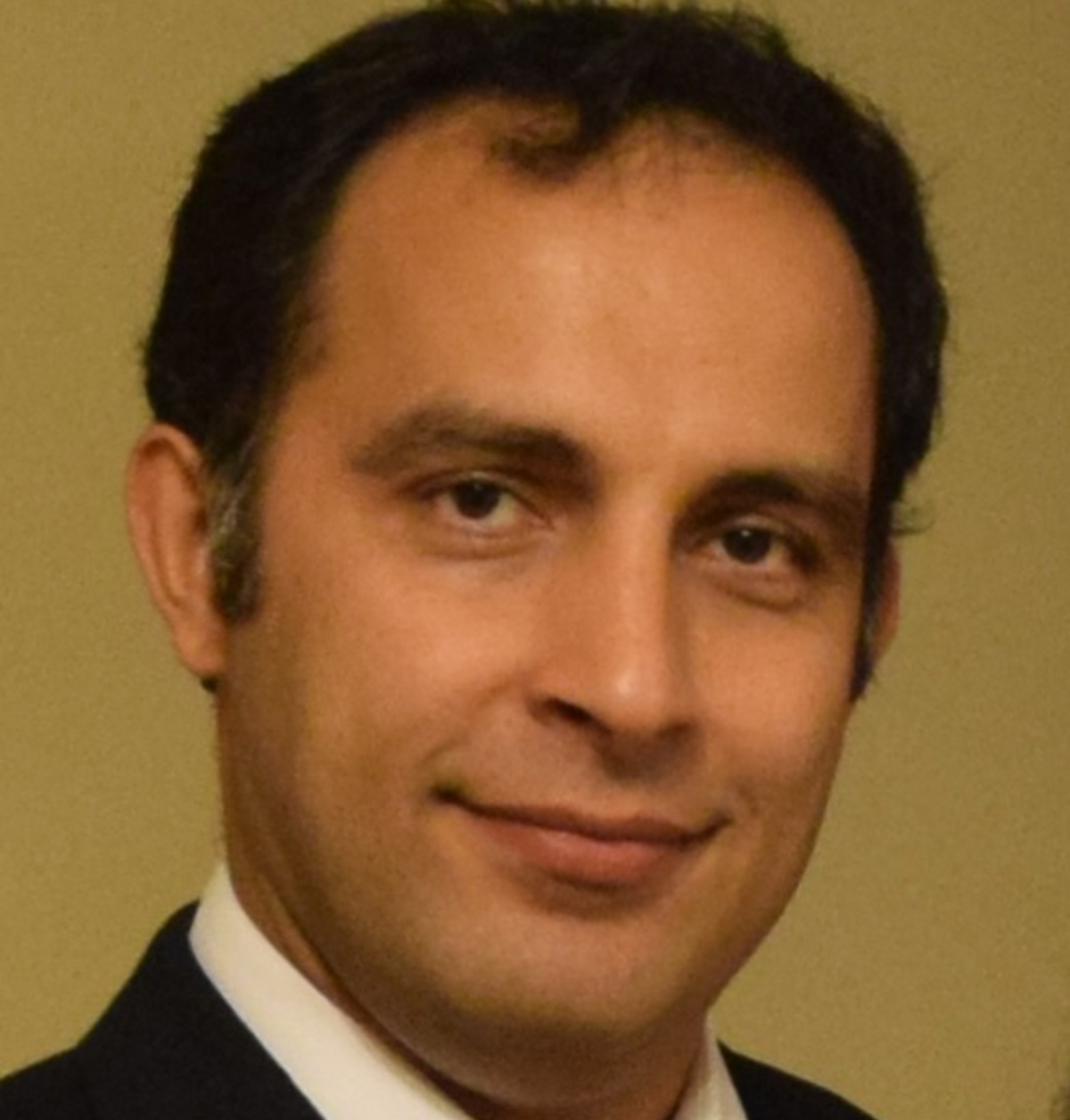
Dr Mojtaba Mahmoodian
Dr Mojtaba Mahmoodian is a Senior Lecturer in Civil and Infrastructure Engineering and is leading research in intelligent monitoring and maintenance of civil infrastructure. He integrates advanced structural assessment techniques with Internet of Things and Artificial Intelligence to create novel solutions for automated and remote monitoring and maintenance of infrastructure. His novel methodologies have been implemented on a wide range of civil infrastructure including bridges, pipelines, roads, ports and energy infrastructure. Mojtaba's strong track record within the field of smart infrastructure has been the result of continuous and efficient collaborations with industry.
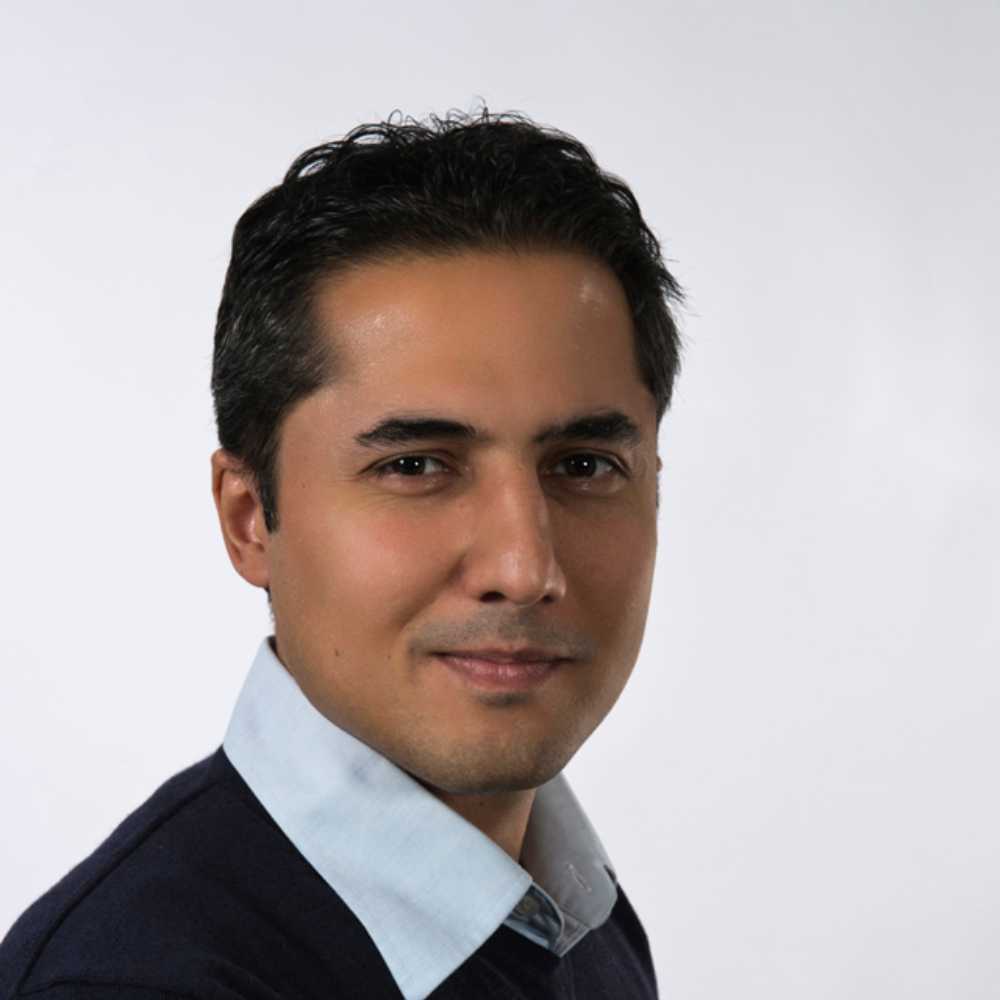
Dr Payam Pirzadeh
Dr Payam Pirzadeh is a Lecturer in the School of Property, Construction and Project Management. He undertakes applied research in collaboration with private and public sector construction organisations. Payam’s research has explored design for construction health and safety (safety in design), measuring and managing health and safety performance on large infrastructure projects, and mass-haul environmental impact minimisation on road and rail construction projects. He has received prestigious awards including the RMIT Prize for Research Excellence (2019) and the Chartered Institute of Building (CIOB) Research Award.
Information and systems publications
- A novel method of refining the performance of rail systems: an evaluation of system dynamics using discrete event simulation. Gharehbaghi, K., Farnes, K. & Hurst, N. 2024
- AI-based bridge infrastructure maintenance management: A comprehensive review, Shahrivar F., Sidiq A., Mahmoodian M. Jayasinghe1 S., Sun Z., Setunge S. 2025
- Verifying the sustainability factors of mega transportation infrastructure: Sydney Metro’s commissioning through the “significance matrix” methodology. Gharehbaghi, K., McManus, K., Georgy, M., Farnes, K., Pagliara, F., & Myers, M. 2024
- Innovative Digital Twin with Artificial Neural Networks for Real-time Structural Health Monitoring: A Port Structure Case Study, Jayasinghe S.C., Mahmoodian M., Sidiq A., Nanayakkara T.M., Alavi A., Mazaheri S., Shahrivar F., Sun Z., Setunge S., 2024
- Towards successful economic infrastructure partnership project delivery through effective stakeholder management, T Jayasuriya, S., Zhang, G. & Yang, R.J. 2024
- Implementing organisational change in a digitalising facilities management organisation through stewardship interventions. Johannes, K., Voordijk, H., Wakkee, I. & Aranda-Mena, G. 2024
- Maintenance Prioritisation of Irrigation Infrastructure Using a Multi-Criteria Decision-Making Methodology under a Fuzzy Environment, Mahmoodian, M.; Shahrivar, F.; Li, C., 2022
- Pattern Recognition—The Big Smart Transactional City, T Nazareth, I. & Schwarzman, D. 2024
- Architectural Topological Form-Finding Integrating Solid and Fluid Structural Performances, Yan, X., Di Shu, K. & Bao, D.W., 2024
- Large-scale prediction of solar irradiation, shading impacts, and energy generation on building Façade through urban morphological indicators: A machine learning approach, Zhao, H., Liu, C., Yang, R.J. & Sun, C. 2024